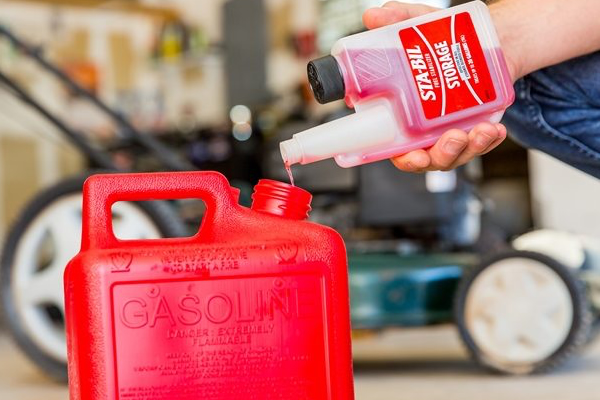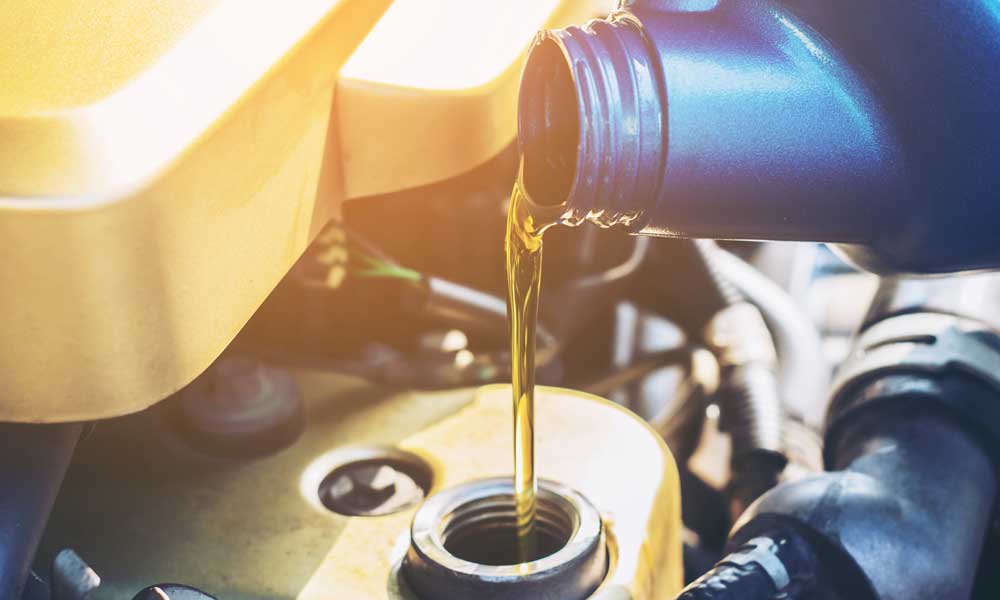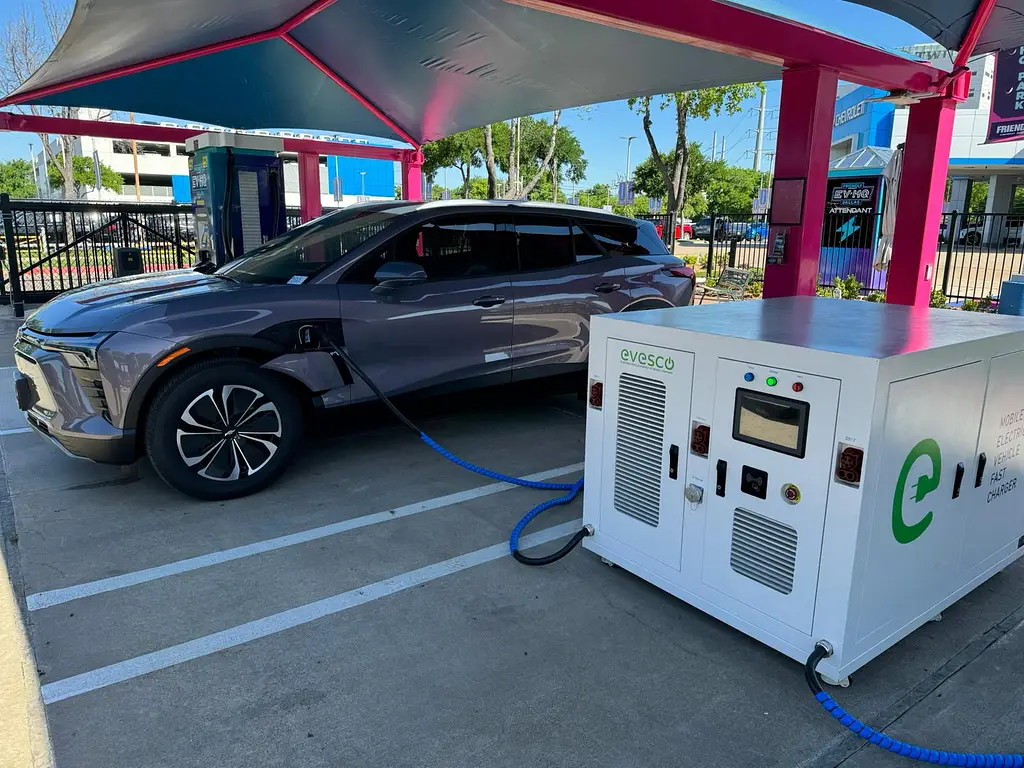Fuel degradation is a common issue that affects engine performance, especially in vehicles or equipment that are not used frequently. Fuel stabilizer plays a crucial role in maintaining fuel quality over extended periods, preventing the harmful effects of oxidation and moisture contamination. Whether storing fuel for seasonal equipment, marine engines, or emergency generators, the use of a stabilizer ensures optimal performance when the engine is eventually started.
How Fuel Degradation Impacts Performance
Over time, gasoline and diesel fuel break down due to exposure to air, moisture, and temperature fluctuations. This degradation process leads to the formation of varnish, gum, and other deposits that clog fuel lines and carburetors. Ethanol-blended fuels are particularly susceptible to moisture absorption, leading to phase separation where water and ethanol settle at the bottom of the tank. This results in poor combustion, difficulty starting the engine, and potential long-term damage.
Fuel stabilizer prevents these issues by slowing the oxidation process and inhibiting the formation of deposits. By keeping the fuel chemically stable, it preserves its effectiveness for months or even years, reducing maintenance costs and ensuring reliable engine function. Properly treated fuel eliminates the need for costly repairs related to stale or contaminated fuel.
Choosing the Right Fuel Stabilizer for Different Applications
Different types of fuel stabilizers are available, each designed for specific applications. For gasoline engines, a stabilizer that prevents ethanol-related issues is ideal, as it protects against moisture absorption and fuel separation. Diesel engines benefit from additives that contain anti-gelling properties, ensuring fuel remains fluid even in cold temperatures.
Boats, motorcycles, classic cars, and outdoor power equipment all require specialized stabilizers that address the unique demands of their fuel systems. Marine stabilizers often contain corrosion inhibitors that protect against the damaging effects of water exposure. For vehicles stored over long periods, a high-quality stabilizer maintains fuel integrity, preventing engine hesitation and rough idling once the engine is restarted.
Using the correct stabilizer ensures compatibility with the fuel type and engine design, maximizing efficiency and prolonging the lifespan of both the fuel and engine components. Investing in a high-quality product provides long-term benefits, reducing downtime and repair expenses associated with fuel-related issues.

Proper Usage and Storage Techniques for Maximum Effectiveness
Applying fuel stabilizer correctly enhances its effectiveness, ensuring long-term fuel preservation. The stabilizer should be added to fresh fuel before storage, as it cannot reverse degradation that has already begun. After adding the stabilizer, running the engine for a few minutes ensures that the treated fuel circulates throughout the system, protecting fuel lines, injectors, and carburetors.
Fuel should be stored in a sealed container away from direct sunlight and extreme temperatures to prevent premature breakdown. Regularly checking stored fuel for signs of contamination, such as discoloration or foul odors, helps detect potential issues before they affect engine performance. For seasonal equipment, using stabilizer consistently reduces the risk of starting difficulties and ensures a smooth transition when bringing the engine back into operation.
Enhancing Engine Longevity with Fuel Stabilizer
The use of fuel stabilizer contributes to the overall health of an engine by preventing common fuel-related problems. By maintaining fuel quality, it supports proper combustion, reduces carbon buildup, and minimizes the risk of corrosion within the fuel system. Equipment that sits idle for extended periods benefits from the preventive measures offered by a stabilizer, avoiding operational issues that arise from stale or degraded fuel.
Whether for personal vehicles, marine engines, or industrial machinery, incorporating stabilizer into regular maintenance routines ensures consistent performance and reduced wear on critical engine components. Taking proactive steps in fuel preservation not only saves money on repairs but also extends the functional lifespan of engines, making fuel stabilizer an essential part of long-term maintenance strategies.





